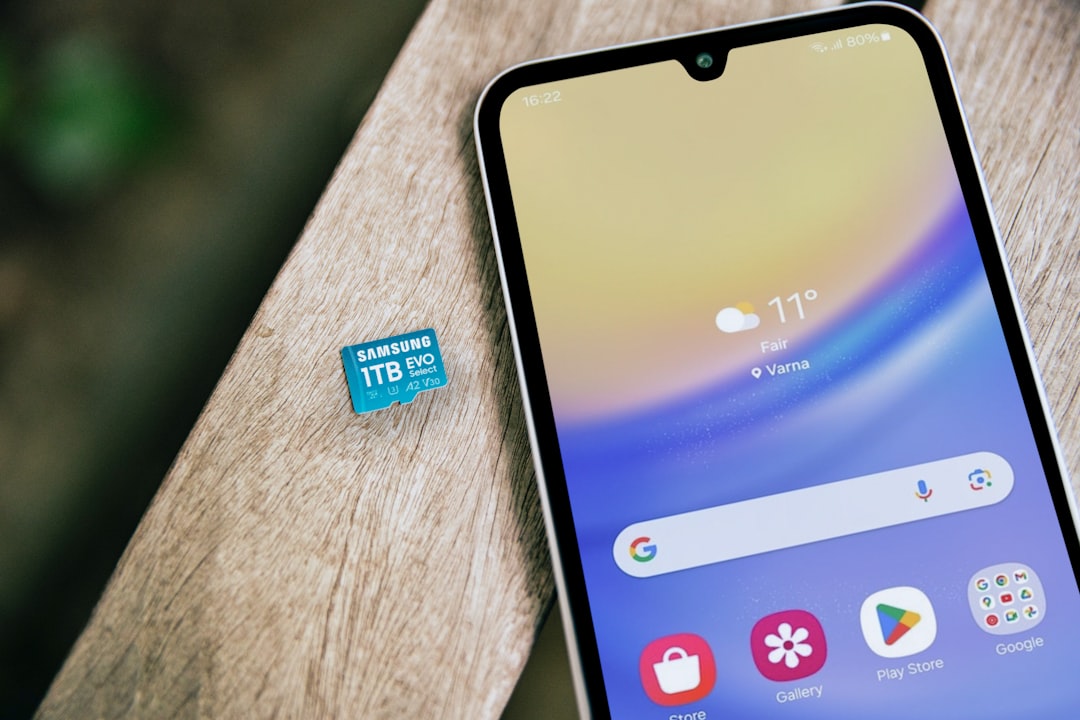Charleston businesses engaging in telemarketing must navigate South Carolina's strict No Call Laws by registering with the PSC, obtaining certifications, and adhering to regulations. Compliance involves filtering unwanted numbers, maintaining detailed call records, offering opt-out options, and training staff on best practices. By implementing these strategies, businesses can avoid fines, build trust, and enhance customer relationships while operating within the legal framework of South Carolina's No Call Laws.
In Charleston, adhering to No Call Laws in South Carolina is not just a legal requirement but a crucial strategy for maintaining customer relations. This comprehensive guide equips local businesses with the tools they need to create and implement an effective Telemarketing Compliance Program. By understanding the nuances of these laws, establishing robust procedures, and leveraging advanced monitoring techniques, Charleston companies can ensure long-term success in their telemarketing efforts while fostering customer trust and satisfaction.
Understanding No Call Laws in South Carolina

In South Carolina, businesses must adhere to strict No Call Laws that protect consumers from unsolicited telephone marketing calls. These laws are in place to ensure residents’ peace of mind and privacy, limiting the number of telemarketing calls they receive. Understanding these regulations is crucial for Charleston companies aiming to maintain compliance and avoid potential penalties.
Business entities engaging in telemarketing activities within the state must register with the South Carolina Public Service Commission (PSC) and obtain a Telemarketing Sales Call Registration Certificate. This registration process involves providing detailed information about the business, including its practices and the types of calls it intends to make. By following these guidelines, Charleston businesses can demonstrate their commitment to ethical telemarketing while safeguarding the rights of local residents under No Call Laws in South Carolina.
Importance of a Telemarketing Compliance Program

In the dynamic landscape of business, especially in a city like Charleston with its thriving economy, compliance is key to maintaining trust and respect among customers. For telemarketing businesses operating within South Carolina, adhering to state-mandated No Call Laws is not just a legal requirement but also a strategic move to foster positive relationships with potential clients. Violations can lead to significant fines, damaging the business’s reputation and eroding customer faith.
A robust Telemarketing Compliance Program ensures that calls are made ethically, respecting consumer privacy and preferences. It involves implementing policies that filter out unwanted numbers, maintaining comprehensive call records, and providing a clear opt-out mechanism for recipients. By embracing these practices, Charleston businesses can navigate the regulatory environment effectively while increasing their chances of converting prospects into loyal customers.
Key Components for Effective Compliance

To establish an effective Telemarketing Compliance Program, Charleston businesses must focus on several key components. Firstly, implement a robust do-not-call law policy that aligns with South Carolina’s regulations. This involves maintaining an up-to-date list of registered numbers and adhering to restrictions on calling these lines. Secondly, ensure comprehensive staff training on compliance matters, including recognizing and avoiding violations like unwanted calls or failure to obtain consent. Regularly updating sales scripts and providing clear guidelines for each step of the telemarketing process is essential.
Additionally, Charleston businesses should establish a robust monitoring system to track call data and identify any potential issues. This includes analyzing call records, tracking consumer complaints, and using technology to flag suspicious activities. Effective record-keeping and maintaining open lines of communication with regulatory bodies will also contribute to stronger compliance.
Implementing and Monitoring Your Program

Implementing a Telemarketing Compliance program involves setting clear rules and guidelines for your business’s telemarketing activities, ensuring adherence to No Call Laws in South Carolina. This includes obtaining necessary permissions, maintaining accurate customer opt-out lists, and training staff on compliance best practices. Regularly review and update your program to reflect changes in regulations and customer preferences.
Monitoring is a continuous process that requires tracking calls, reviewing complaints, and analyzing customer feedback. Utilize software solutions for call recording and data analysis to identify areas of non-compliance. Stay proactive by staying informed about industry updates and adapting your strategies accordingly to maintain a robust compliance program.
Benefits and Long-Term Success Strategies

Implementing a Telemarketing Compliance Program offers Charleston businesses numerous advantages, ensuring adherence to crucial regulations like No Call Laws in South Carolina and fostering trust with customers. By establishing clear guidelines and training staff on best practices, companies can minimize legal risks and enhance their reputation. This proactive approach not only shields against penalties but also strengthens customer relationships by promoting ethical sales tactics.
Long-term success lies in integrating compliance as a core value within the organization’s culture. Regular reviews, updates based on changing regulations, and continuous employee education are vital strategies. Embracing technology for call tracking and monitoring, along with implementing robust data security measures, further reinforces compliance efforts. These sustained practices ensure that Charleston businesses remain competitive while adhering to essential No Call Laws, ultimately contributing to their sustained growth and customer satisfaction.






